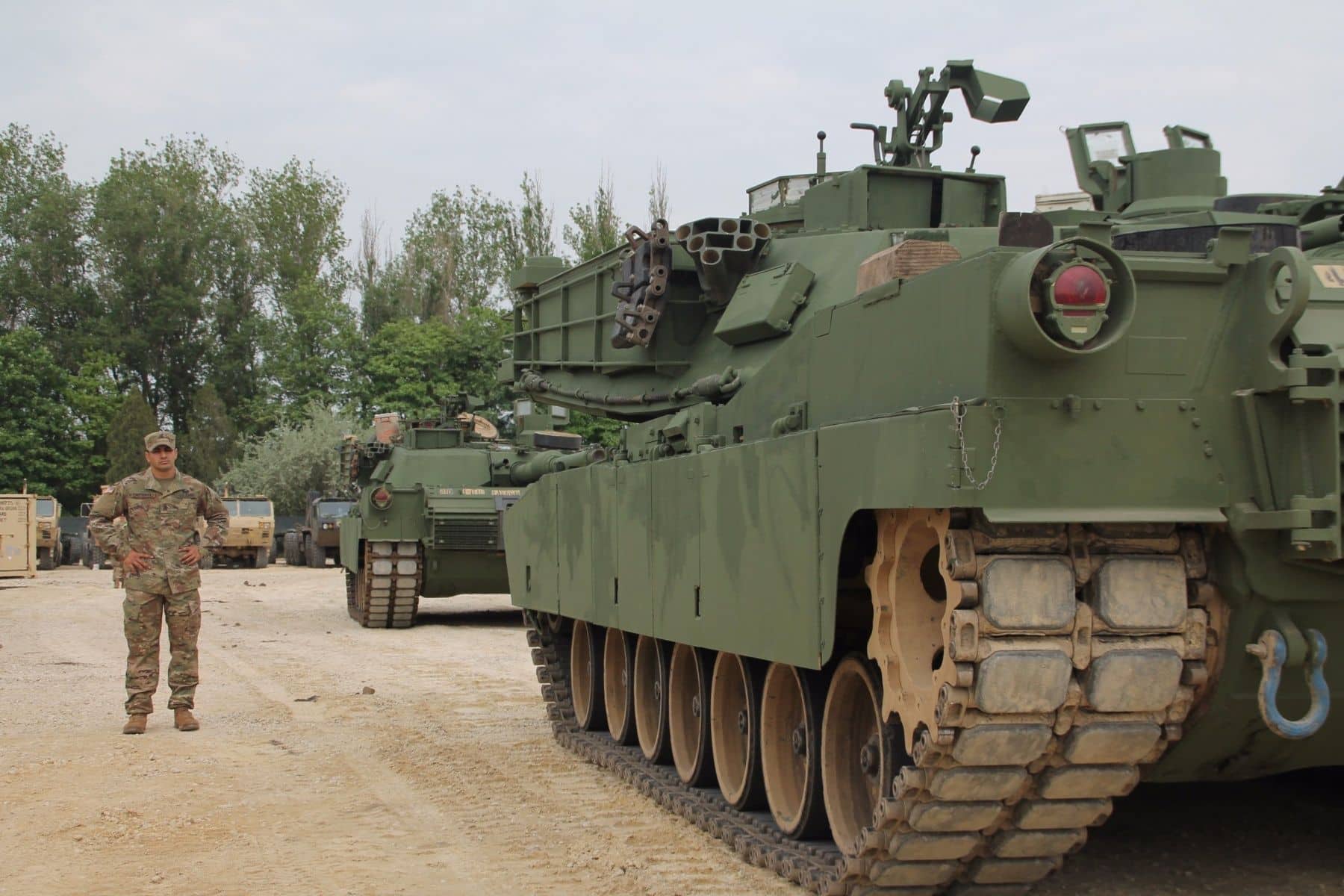German Defense Minister Annegret Kramp-Karrenbauer has suggested that a threat by Washington last month to pull out some 9,500 troops from the country will not damage ties between the two nations, however, the withdrawal plan will trigger a debate among NATO countries.
“If they [the troops] stay in Europe, then this remains a commitment towards NATO. But if they were to be restationed in the Indo-Pacific region, then that would indicate a change to US strategy, which then would spark a debate within NATO,” Kramp-Karrenbauer told DW on Wednesday.
Last month, US President Donald Trump approved the withdrawal of more than a quarter of its troops from Germany, saying the move would help bolster security in Europe.
The plan will “enhance Russian deterrence” and strengthen NATO, Pentagon spokesman Jonathan Hoffman said in a statement at the time.
NATO spending rules
Prior to the June announcement, the Trump administration had urged Berlin to spend more of its defense budget to meet the NATO goal of spending 2% of gross domestic product. Failure to do so, Trump warned, would see him withdraw almost 10,000 of the current 34,500 troops residing in the country as punishment for the shortfall in spending.
NATO countries agreed in 2014 to increase defense spending to 2% of total GDP by 2024. Germany currently falls well short of that target, in the region of 1.3%, although is likely to come a little closer this year owing to the coronavirus taking a bite out of its GDP. Kramp-Karrenbauer has argued in the past that looking solely at a country’s GDP spend on defense is an increasingly insufficient measure of commitment to the NATO military alliance.
Nord Stream 2 negotiations
Kramp-Karrenbauer backed calls on Wednesday to negotiate the disputed Nord Stream 2 pipeline but warned that sanctions threatened by the United States would run afoul of international law.
“When it comes to the US threat of sanctions, we in the German government have the clear position that these are not in accordance with international law,” she told DW.
The pipeline, which will transport natural gas from Russia through the Baltic Sea to Germany, has proven a contentious issue in trans-Atlantic relations. Washington has been critical of the pipeline, with Trump last week warning that companies involved in the project would face US penalties if they did not halt their work.
Washington, along with a number of Eastern European countries, argues that the pipeline will increase the European Union’s dependence on Russian energy.
The EU, meanwhile, has warned the US not to impose sanctions and instead discuss the issue as allies. Kramp-Karrenbauer echoed that sentiment in an interview with DW on Wednesday.
“Nord Stream 2 is a project that is also being debated among European Union, as well as NATO member states,” she said. “There is concern that Germany could become too dependent on Russian gas, a concern we were able to defuse. But it’s also about the concerns and the legitimate interests of Ukraine and Poland, which have to be negotiated into the contracts.”
US Secretary of State Mike Pompeo traveled to Denmark on Wednesday and the Nord Stream 2 pipeline is expected to be on the agenda in his talks with Prime Minister Mette Frederiksen and Foreign Minister Jeppe Kofod. In October, Denmark gave permission for Nord Stream 2 to be laid through its territory.











